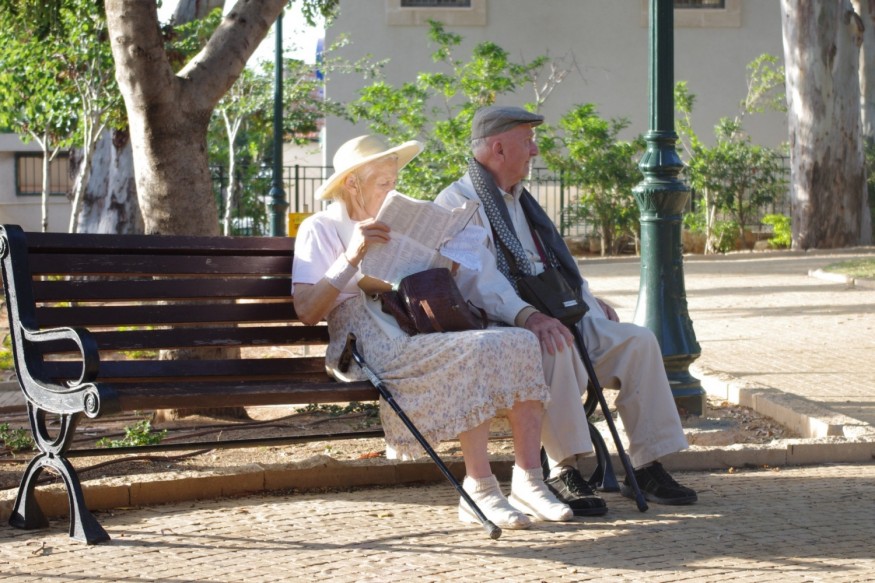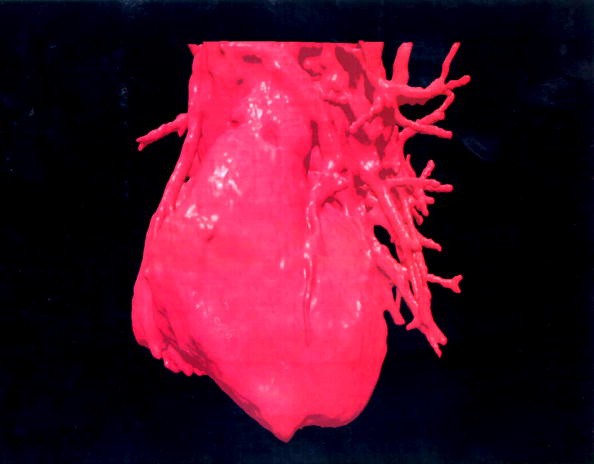Genes that play an important role in SARS-CoV-2 invading heart cells reportedly grow more active as people age older, new research reveals.
An international team of researchers was led by Professor Anthony Davenport from the Department of Medicine at Cambridge University. It included scientists from Maastricht University in The Netherlands, KU Leuven in Belgium, and the Karolinska Institute in Sweden. The results of their study are published Tuesday, August 18, in the Journal of Molecular and Cellular Cardiology.

An Inquiry on Human Cardiomyocytes Between Young and Old People
Simply put, cardiomyocytes are among the main cells that make up the heart. They are also involved in the contractile function of the organ, allowing the heart to pump blood around the body. Damaging the cellular integrity of cardiomyocytes severely impairs their ability to function and can lead to heart failure.
The international research team examined these cardiomyocytes to observe how susceptible these cells are to coronavirus. They analyzed cardiomyocytes from five young males, aged 19 to 25 years old, and five older males, aged 63 to 78 years old. Researchers then observed that these genes, which tell the body to create the required proteins, exhibited significantly higher activity in older subjects compared to their younger counterparts. This observation implies an increase in these proteins as people aged.
"As we age, the cells of our heart muscles produce more of the proteins needed by the coronavirus to break into our cells," commented Dr. Emma Robinson, a researcher from Maastricht University and KU Leuven. She explained that this phenomenon makes heart cells more vulnerable to damage from the coronavirus and suggests that this might be behind age becoming a major risk factor in patients with COVID-19.

RELATED: Pregnant Women Unlikely to Pass COVID-19 to Babies
Researchers noted that there are currently available medicines that can inhibit these gene-encoded proteins. The press release from Cambridge University cited camostat, an anti-inflammatory drug that can inhibit TMPRSS2, one of the proteins in human cells used by the SARS-CoV-2 virus, in laboratory-grown cells. The study also proposes possible directions that upcoming medicine can follow, focusing on compounds that can block the virus from binding with the human protein receptor ACE2 and can help better protect the heart from the virus.
Understanding the Coronavirus Disease
The findings with the heart cells could help medical experts better understand the increased susceptibility of older people in contracting COVID-19.
"When this novel coronavirus first emerged, we expected it to be primarily a respiratory illness, as the virus usually takes hold first in the lungs," Professor Davenport said. However, the researcher from the University of Cambridge Department of Medicine explained that during the few months of the pandemic, there had been an increasing number of COVID-19 patients, especially older ones, affected by heart problems.
This trend among older patients with COVID-19 suggests that SARS-CoV-2 is also capable of accessing and infecting heart cells, adding that there is an age-related factor making this possible.
SARS-CoV-2, the coronavirus responsible for the ongoing pandemic, is observed as a spherical with "spikes" on its surface, which are proteins used to gain access to human cells. These spike proteins from the coronavirus then attach themselves to a protein receptor found on the surface of individual human cells called ACE2.
RELATED: COVID-19: Cells Causing Loss of Smell Have Now Been Identified
"The more we learn about the virus and its ability to hijack our cells, the better placed we are to block it, either with existing drugs or by developing new treatments," Prof. Davenport added.
To help keep our elderly relatives and friends safe, see below video for COVID-19 precautions for older adults.
Check out more news and information on COVID-19 on Science Times.
© 2026 ScienceTimes.com All rights reserved. Do not reproduce without permission. The window to the world of Science Times.











